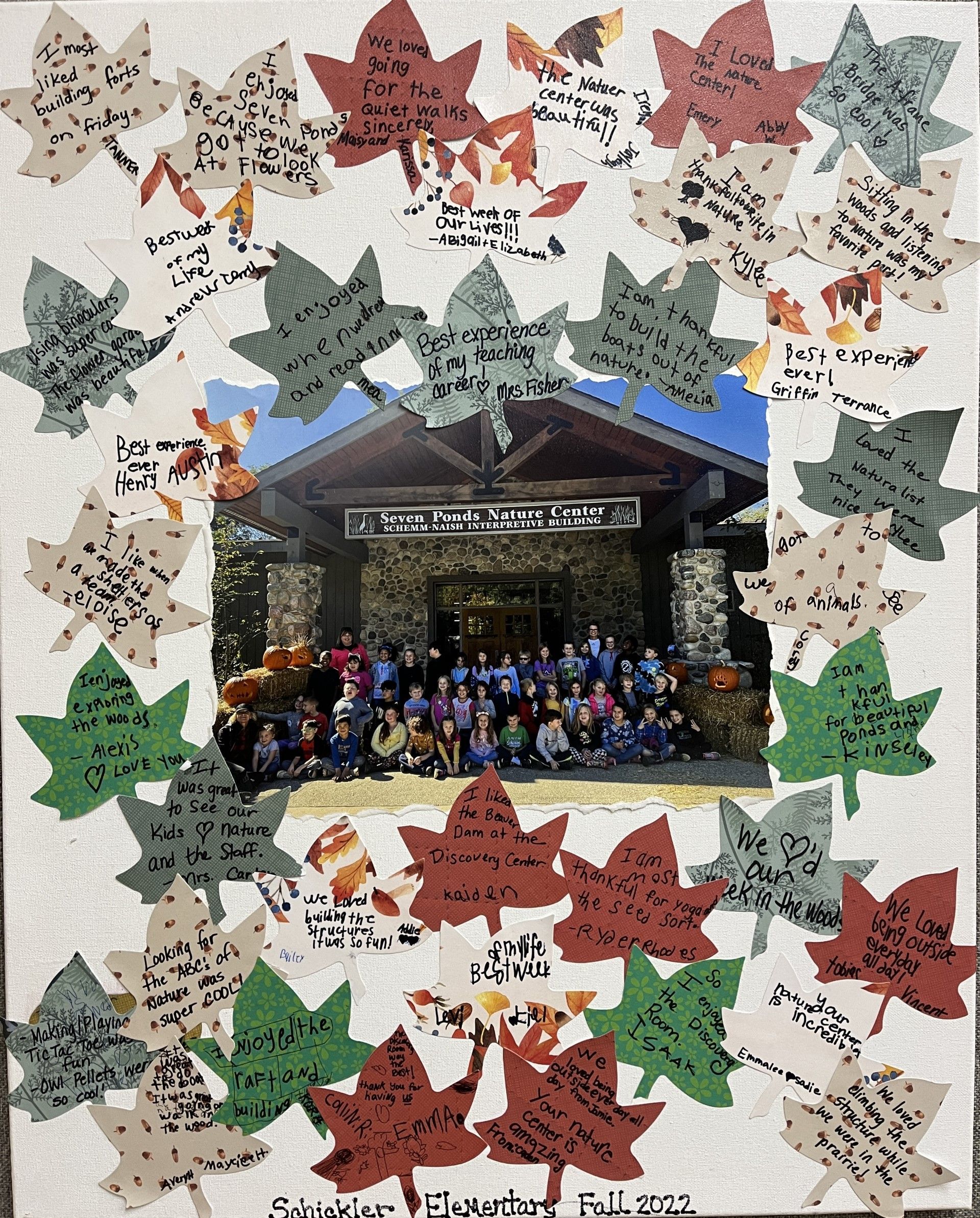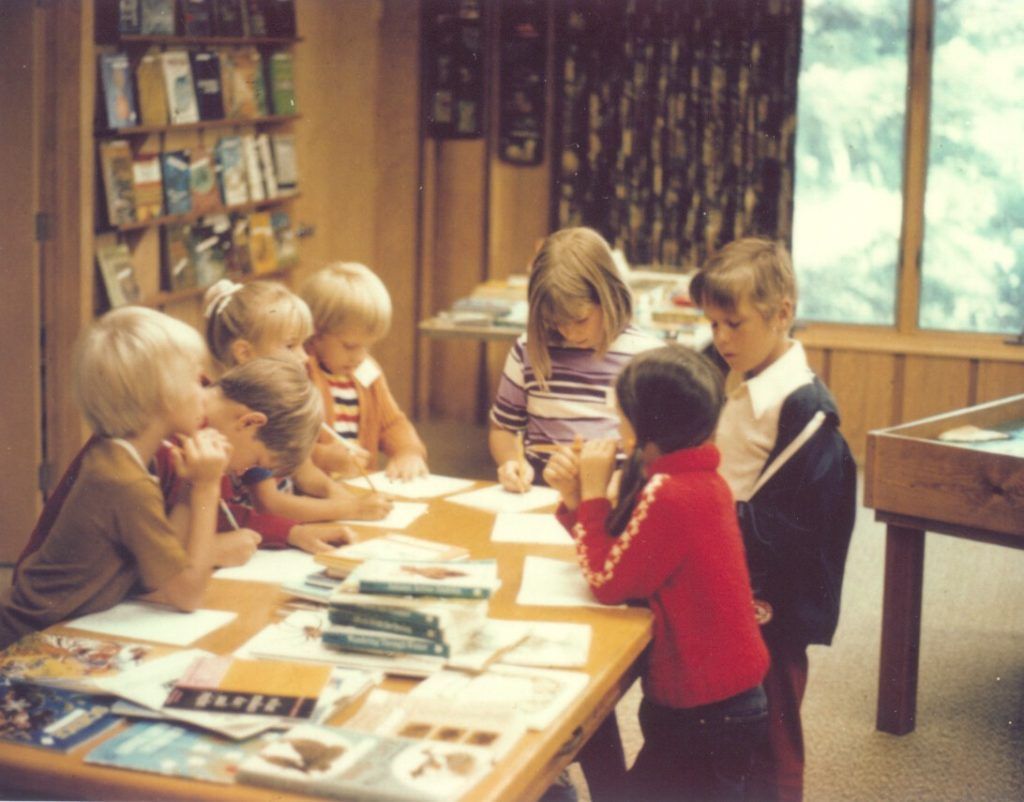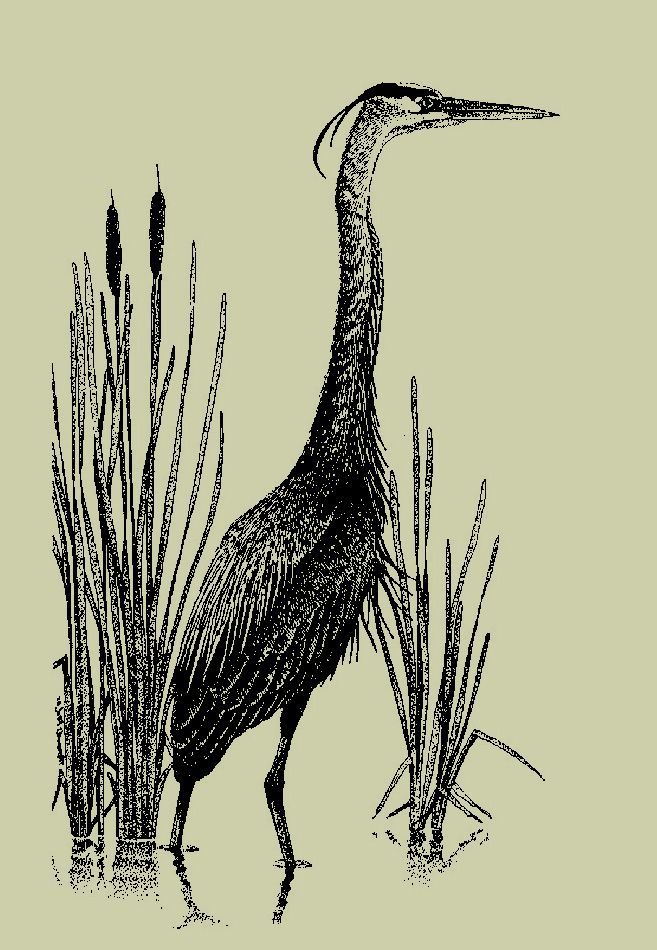SCHOOL FIELD TRIPS

Please look over the many activities the nature center has to offer and schedule a program soon. Please contact us if you would like a custom program, we can use our many resources to help you.
All programs can be scheduled by completing the Request Form or calling the center at 810-796-3200. Programs must be arranged in advance and groups visiting the nature center have access to the building and trails only under the supervision of a naturalist.
Scheduling Information
Scheduling: After a program is scheduled, the group leader will recieve a confirmation. In the case of a cancellation, groups should contact the nature center as soon as possible so that the program date can be made available to other groups.
Group Size and Chaperones: Seven Ponds can accommodate up to 60 students per program when visiting the nature center.
We allow up to four chaperones per class. Teachers and chaperones are responsible for student behavior.
Clothing and Weather: Group members should dress for the weather and natural setting. Unless the weather is dangerous (e.g. thunder/lightning storms) we will go outside.
Lunch: Sack lunches may be eaten in the picnic area or under our pavilion. We have no indoor eating facilities.
Gift Shop: The Rookery Gift Shop carries a wide selection of nature-related materials and locally made products. Items vary in price to fit every budget.
Transportation: If you need help covering the cost of transportation, Seven Ponds may be able to provide assistance. Contact us at 810-796-3200.
General Programs
Seasonal Walk
Pre-school children through adult Seasonal Walks take advantage of he variety of natural happenings at Seven Ponds through the seasons. spring features woodland wildflowers and singing frogs. During summer, prairie wildflowers are blooming and birds are singing. Fall features changing leaves and animals preparing for cold weather. In winter, birds abound at the feeders and animals leave tracks in the snow. Each season has its own fascinating mysteries for eager students to discover along our trails. Seasonal Walks are spontaneous, with our knowledgeable naturalists helping explore interesting objects and events encountered along the trail. The walk incorporates a variety of themes appropriate for each grade level.
Time: 1½ – 2 hours, Fee: $5.00 per person. ($25.00 minimum)
Pond Exploration: Grades K through 6
We will “dive” into the underwater world of our lakes and ponds. Through photos, animal specimens, and pond sampling, students will learn all about the critters that make the water their home.
Grades K – 1 will experience pond critter observation and grades
Grades 2 – 6 will use pond nets to capture organisms.
Time: 1½ – 2 hours, Fee: $6.00 per person. ($25.00 minimum)
Explorer Programs
Explorer Programs offer a sequential kindergarten through middle school curriculum, with each grade focusing on specific ecological concepts. Each program includes Next Generation Science Standards and Grade Level Content Expectations for Social Studies. We bring classroom lessons to life, reinforcing the work students are doing in school. These interesting programs promote greater knowledge, awareness, and appreciation of our natural world, using inquiry-based learning through investigations, observations, and activities while in nature.
Time: 2 – 2½ hours, Fee: $6.00 per person

Life in a Box
Performance Expectations: K-LS1-1, K-ESS2-2, K-ESS3-1, K-ESS3-3
Concept: Interdependent relationships in ecosystems: animals, plants, and their environment
Kindergarteners will become biologists as they study animals and their needs. Focusing on a nesting box, your biologists will discover who could live there, and why they would use the nesting box as part of their home. Through hands-on activities and exploration, inside and outside the nature center, Kindergarten biologists will understand what animals need to live and how we, as humans, can help.
Junior Meteorologist: Kindergarten
Junior Meteorologist
Performance Expectations: K-ESS2-1, K-PS3-1, K-PS3-2
Concept: Weather and Climate
Kindergarteners will become meteorologists as they explore climate and weather. They will use scavenger hunts and weather stations to understand the sun and its effects on Earth. Kindergarteners will also problem solve how to keep plants and animals cool on sunny days.
Dressed for Success: Grade 1
Dressed for Success
Performance Expectations: 1-LS1-1
Concept: Structure, function, and information processing with plants and animals
The natural world had many different challenges that plants and animals have to overcome to survive. Through many different activities along the trail, discussion, and observations, first graders will discover the many different structures plants and animals have to thrive at Seven Ponds.
The Amazing Life Cycle: Grade 1
The Amazing Life Cycle
Performance Expectations: 1-LS1-2, 1-LS3-1
Concept: Animal lifecycles
Your first grade biologists will investigate how wild babies survive in the natural world, and how their parents take care of them. Also, first graders will use their excellent observational skills to explore some of Seven Ponds water ecosystems to figure out what wild baby belongs to what wild parent.
Green Planet: Grade 2
Green Planet
Performance Expectations: 2-LS2-1, 2-LS4-1
Concept: Plant lifecycles and plant structures
Green plants are all around us: in the forests, prairie, fields, and wetlands. Second graders will become botanists as they study our green, natural world. Through investigations, discussions, and activities, your second grade botanists will understand the amazing life cycles of plants.
Pollination Nation: Grade 2
Pollination Nation
Performance Expectations: 2-LS2-2, 2-LS4-1
Concept: Plant pollination and seed dispersal
Second grade ecologists will discover the amazing relationship plants have with their pollinators as they explore the natural world found at Seven Ponds. Through hands-on activities, journaling, discussion, and games, your second graders will understand how plants are pollinated and how seeds move.
A Shape Shifting World: Grade 2
A Shape Shifting World
Performance Expectations: 2-ESS1-1, 2-ESS2-3
Concept: Processes that shape the Earth
What shapes the Earth and how, will be the question your second grade geologists figure out during this interactive, hands-on program. Through building, experimentation, and discussion, second graders will see how water and air can change the shape of the land.
Cattails to Crayfish: Grade 3
Cattails to Crayfish
Performance Expectations: 3-LS3-2, 3-LS4-2, 3-LS4-3
Concept: Traits/Adaptations
The natural world presents challenges to all living things. Your young scientists will explore Seven Ponds’ lakes and ponds looking for the many different plants and animals that make their home there, and the traits they have to survive in their watery environment.
The Forest Home of the Anishinaabek: Grade 3
The Forest Home of the Anishinaabek
Performance Expectations: 3-H3.0.5, 3-G5.0.1, 3-G5.0.2
Concept: The effects of human-environment interactions through early Michigan history to modern times
Michigan’s once vast forests were a giant supermarket to the Anishinaabek people. Their habitat provided everything needed for survival. In modern times, most of our needs are met from items purchased form a store. Though activities and hands-on nature study, students will learn how we used our natural resources in the past and how we use them today in the present.
Wetland Adaptations: Grade 4
Wetland Adaptations
Performance Expectations: 4-LS1-1
Concept: Internal and External Structures of Plants and Animals
Wetlands present a variety of challenges for the organisms that call them home. In order to live in water environments, plants and animals need specialized internal and external structures to survive. Through investigation, collecting, and discussion, students will get a hands-on experience of what it takes to live in a water world.
Amazing Animals: Grade 4
Amazing Animals
Performance Expectations: 4-LS1-1
Concept: Physical adaptations and body systems
Fourth graders will become wildlife biologists as they discover how the animals in Michigan survive our seasonal changes. Students will explore Seven Ponds and learn the many ways animals become linked to their environment through discussion, exploration, and hands-on activities along the trails.
Wetland Connections: Grade 5
Wetland Connections
Performance Expectations: 5-PS3-1, 5-LS1-1, 5-LS2-1
Concept: Food chains and food webs
Students will adventure into the wetlands to discover and investigate the complex interactions of the plants and animals that live in these wet ecosystems. Through collection, observation, and journaling, your fifth grade biologists learn about the food chains and food webs found in Seven Ponds’ wetlands.
Death Eaters: Grade 5
Death Eaters
Performance Expectations: 5-PS3-1, 5-LS1-1, 5-LS2-1
Concept: Food chains and food webs
Fifth graders will discover what happens to an animal after it dies, and how decomposition isn’t really the end, but the beginning. Your fifth grade ecologists will use their observational skills, discussion, journaling, and Seven Ponds’ natural world to explore decomposition and food chains.
A Scurry of Squirrels: Middle School
A Scurry of Gray Squirrels
Performance Expectations: MS-LS1-4, MS-LS1-5, MS-LS3-2
Concept: Growth, development, and reproduction of organisms
Middle schoolers will step into the shoes of wildlife biologist as they explore the world of gray squirrels. Using many different tools; like Punnett squares, field guides, range maps, students will study Seven Ponds’ gray squirrels’ behaviors, and make predictions about future gray squirrel populations at Seven Ponds. Please note students must have had some experience with Punnett squares.


